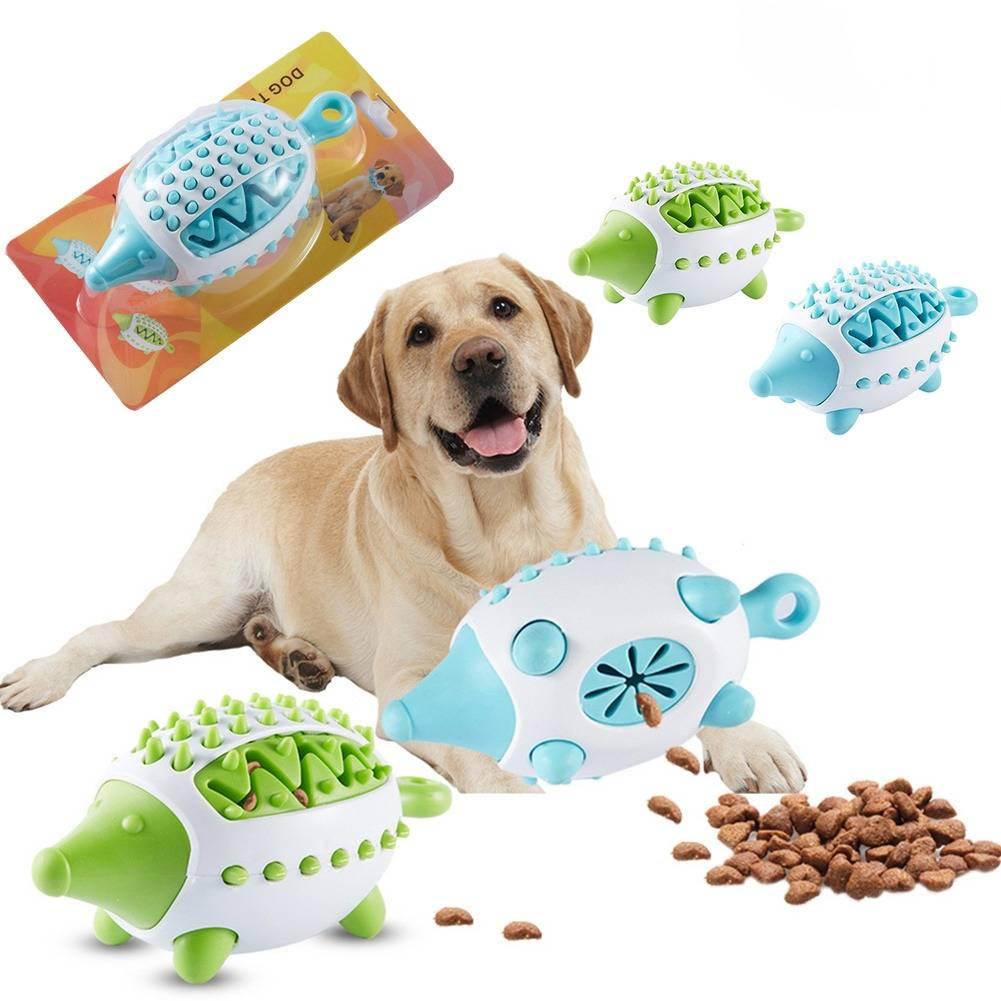When it comes to sharing our favorite foods with our furry friends, many dog owners often wonder which treats are safe and which are best left off the menu. Citrus fruits, with their vibrant colors and refreshing flavors, are a staple in many households. But can our canine companions enjoy them as well? In this article, we’ll explore the safety of feeding citrus fruits to dogs, offering guidance on which types are safe, the potential benefits, and what precautions to take. Whether you’re a seasoned pet parent or new to the joys of dog ownership, understanding how citrus fruits can fit into your dog’s diet is essential for their health and happiness. Let’s embark on this citrus journey with warmth and care, ensuring our beloved pets enjoy their treats safely.
Understanding Citrus Fruits and Their Effects on Dogs
When it comes to our canine companions, understanding which fruits are safe can be a bit puzzling. Citrus fruits, such as oranges, lemons, and grapefruits, are generally safe for dogs in small quantities, but there are several factors to consider. Vitamin C found in citrus can boost your dog’s immune system, and the fiber can aid digestion. However, too much can lead to gastrointestinal upset, including diarrhea or vomiting. It’s essential to introduce these fruits gradually and observe your pet’s reaction.
While the flesh of citrus fruits is typically safe, there are parts you should avoid giving to your dog. Here’s what to keep in mind:
- Seeds: These can pose a choking hazard and may contain trace amounts of cyanide.
- Peels: They are difficult to digest and can cause blockages or irritation.
- High acidity: Citrus fruits are acidic and can irritate a dog’s stomach, leading to discomfort.
Always remove any seeds and peel before offering a slice of citrus to your furry friend. Moderation is key, ensuring they enjoy the occasional treat without any adverse effects.

Recognizing Signs of Citrus Overconsumption in Your Dog
While the tangy allure of citrus fruits might be tempting for your canine companion, it’s crucial to monitor their intake. Dogs can sometimes overindulge, leading to a few telltale signs of overconsumption. Keep an eye out for these symptoms to ensure your furry friend stays healthy and happy:
- Gastrointestinal Upset: Excessive citrus can lead to vomiting or diarrhea. If your dog exhibits these symptoms, it might be time to cut back on their fruity treats.
- Oral Irritation: The high acidity in citrus fruits can cause irritation in your dog’s mouth, leading to drooling or signs of discomfort when eating.
- Lethargy: Overconsumption might make your dog feel sluggish or unusually tired, as their body works overtime to process the citrus.
Being attentive to these indicators and offering citrus in moderation can help maintain your pet’s health while allowing them to enjoy the occasional zest of life. Remember, every dog is unique, so observe how yours reacts and adjust their diet accordingly.

Safe Ways to Introduce Citrus to Your Dogs Diet
When considering adding citrus fruits to your dog’s diet, it’s essential to start slowly and with caution. Begin by offering small, bite-sized pieces of a fruit like oranges or tangerines, which are typically more palatable for dogs. Remove all seeds and peels as these can be harmful and difficult for your dog to digest. Observe your dog’s reaction to the new treat and monitor for any signs of digestive upset such as vomiting or diarrhea.
- Moderation is key: Limit citrus fruits to an occasional treat, making sure they don’t exceed 10% of your dog’s daily caloric intake.
- Choose the right fruits: Opt for naturally sweeter varieties, like oranges and clementines, which are less likely to cause digestive issues.
- Consult your vet: Before introducing any new food, especially citrus, it’s wise to discuss it with your veterinarian to ensure it aligns with your pet’s dietary needs.

Alternative Fruit Options for a Healthier Canine Snack
When considering healthy treats for your furry friend, it’s important to explore a variety of fruit options that are both safe and beneficial. Here are some alternatives that can offer a delightful snack experience for your dog:
- Apples: A crunchy choice rich in vitamins A and C, apples are great for your dog’s dental health. Remember to remove the seeds and core to ensure a safe treat.
- Blueberries: Packed with antioxidants, blueberries are a fantastic option to boost your dog’s immune system. These tiny berries are perfect for training sessions or as a refreshing summertime snack.
- Watermelon: This hydrating fruit is perfect for keeping your pup cool on a hot day. Be sure to remove the seeds and rind before serving.
- Bananas: High in potassium and fiber, bananas can be a sweet and nutritious treat. Offer them in moderation to avoid any tummy troubles.
Including these fruits in your dog’s diet not only diversifies their palate but also contributes to their overall well-being. Always introduce new foods gradually and consult with your veterinarian to ensure they suit your pet’s dietary needs.

